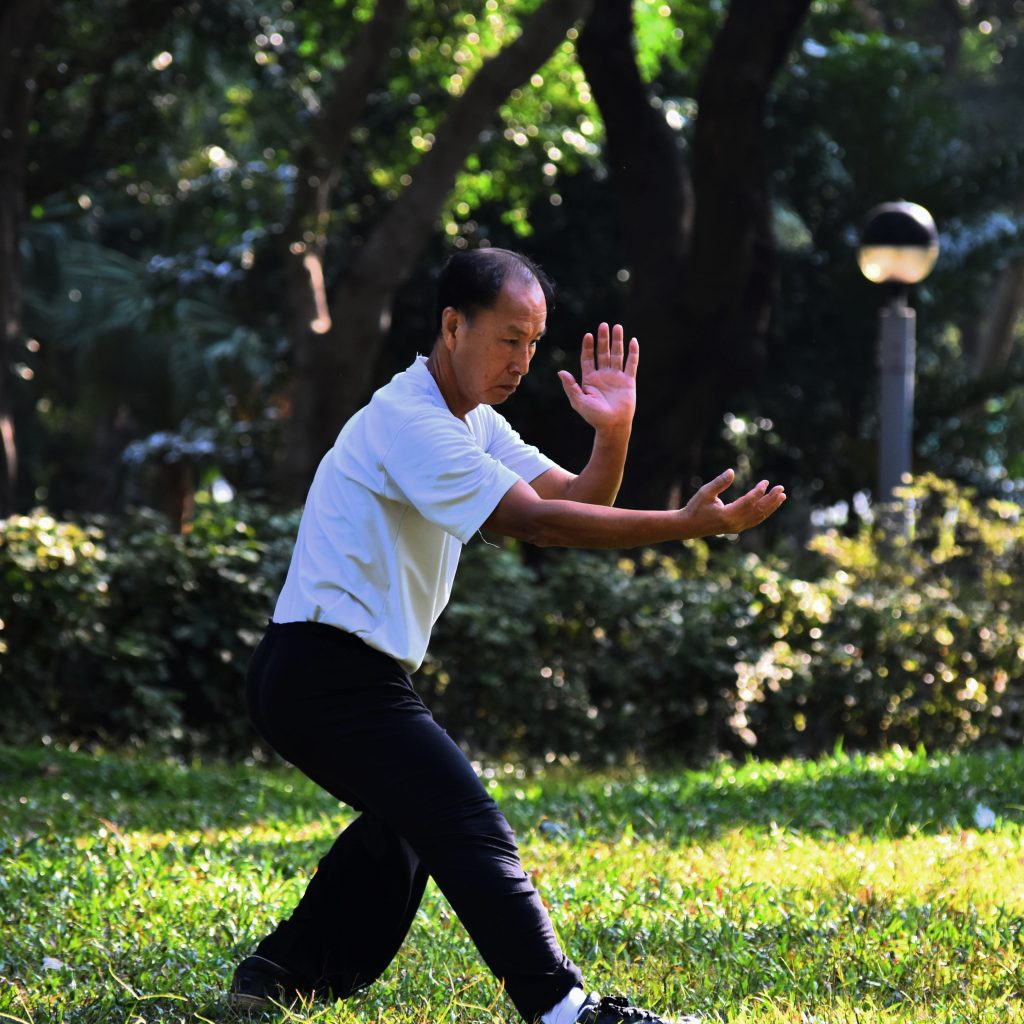Subscribe to the Newsletter
If you are interested in understanding how Traditional Chinese Medicine can improve your life sign up to my newsletter for the latest updates.

Heart Blood Stagnation can be serious. Chinese medicine syndromes underlie many modern conditions of ill-health and offer a way both to understand and treat them.
Before describing it, if you haven’t done so already, please read our page on Blood, and our short page on Heart Blood. You may also be interested in the page on Heart Blood deficiency, because the latter, when it gets extreme, can lead to stagnation of Heart Blood.
This is a Chinese medicine syndrome for a condition defined by its symptoms that suggests an underlying cause, a possible prognosis and a method of treatment. Reasoning comes mostly from TCM Theory.
Possible causes
1. Liver Blood deficiency produces mild dizziness, blurred vision, floaters in the eyes and a dull complexion, all of which can, if they worsen, lead to Heart Blood deficiency.
Also, according to a Chinese medical theory called the ‘Mother-Child’ law which derives from the ‘Law of Five Elements‘, the Heart is the Child of the Liver so if the Liver suffers, so may its child, the Heart.
2. Heart Yang deficiency: the Heart lacks the power to push the Blood round the body, so Blood stagnates. What can cause Heart Yang deficiency? Mainly two factors:
3. Heart Blood deficiency: insufficient Blood to flow smoothly leads to stagnation, just as a river empty from drought has disconnected puddles along its riverbed and there is no movement of water along it.

4. Heart Fire: because heat rises, it prevents Heart Qi from descending.
At the same time, Heart Fire dries out both the Blood and the fluids, leading to Phlegm Fire which blocks up the natural flow through the Heart – just as thick phlegm in your throat blocks your breathing.
This then – because the Heart is the residence of the Mind – disturbs the Mind.

The Heart and the Chest are the main areas where emotions register. Strong emotions upset the movement of Qi, stopping its movement or disturbing its action. If, as the Chinese suggest, your personality may be said to reside in your Blood, and your Blood is moved by your Qi, then when the Qi fails to move, your Blood stops moving, causing its stagnation or stasis.
Usually, or at least in health, your Heart is protected by your Pericardium, and you can recover from emotional problems. But if the emotion is too strong, or lasts too long, (particularly emotions such as resentment and bitter anger, long-term anxiety or long-standing grief or sadness) it affects Heart Qi which ceases to flow smoothly.
NB The emotion does not have to be over relationships; it could be over money, or loss of security.
When Heart Blood stagnates, the personality changes, with pain and signs of old or venous Blood. The individual seems suddenly to grow old in his thinking, fears, anxieties, outlook, appearance and physique. Indeed, many signs of old age arise because of Heart Blood stagnation.
This depends on the underlying causes of the condition and for how long they have persisted. If one can correct the underlying cause, then the Heart Blood stagnation should cease, with return to full health. However, in older people, it may take longer.

Anxiety with agitation. If severe this can border on the manic, with phobias and obsessiveness, and considerable mental restlessness. After all, if Blood stops flowing through your Heart, you die: no wonder you are agitated.
In terms of Chinese medicine, agitation is caused by the Mind not having a place to reside (by its nature, Heart Blood must move, so if it’s not moving – because stagnant – it’s not alive) that anchors it.
Consequently the Mind moves out of its safe place into extreme restlessness, which to an outsider looks like agitation.
Memory is poor. Our blood is where our memories can be sourced: but if it’s not moving, it can’t bring the information.
Can be obsessive in their thinking, resentful, judgemental.
Depression, when extreme can be suicidal.
Delusions, hallucinations as the condition becomes more extreme. As the Mind loses contact with its habitat, it floats into places without basis in reality.
Aggression or anxiety: depends on the individual’s constitutional makeup. Not everyone with Heart Blood stagnation will be aggressive: many will be extremely anxious.
Easily startled: the Mind isn’t securely anchored in healthy Heart Blood so is easily dislodged.

Chest pain: which is pricking, stabbing, oppressed, constricting, fixed.
This is the main physical symptom of this syndrome, and the intensity of the pain can vary from very mild to intense and stifling. The chest can feel as if all ‘stuffed up’.
These symptoms can be brought on by anything which increases Blood stagnation (such as cold weather or conditions) or weakens Heart Yang (such as cold or over-exertion).
It may be worse at night. The pain may radiate to the left arm (inner side) or shoulder.
Palpitations: The Heart meets no resistance so races ‘out of control’, just like an electric blender speeds up when it’s removed from the mixture. Racing like this eventually strains the heart muscle.
Heartbeat or pulse is sometimes felt inferior to the xiphoid process: in the upper abdomen.
Complexion: purple or red-purple across the bridge of the nose, or over the whole face. This is because new Heart Blood isn’t being pumped round the body, so old, dark, venous blood collects.
Lips: purple, cyanosis. The Heart can’t pump new blood round, so the lips turn dark blue or purple.
Nails: cyanosis. The Heart can’t pump new blood round, so the nails turn dark blue or purple.
Hands: cold. The Heart can’t circulate new warm blood.
Tongue: purple unless caused by Heart Fire, when it will be reddish-purple. The purple colour may be across the whole tongue, or in the chest area, or on the sides beside the chest area on the tongue. The veins on the underside of the tongue may be purple and engorged.
Pulse: slow, knotted, meaning that it stops, or pauses at irregular intervals either from Heart Yang deficiency or from Cold. If due to Heart Fire it may be hasty, but also stop occasionally or at irregular intervals.
To read how someone overcame heart problems diagnosed at 17 and has written a site to help you get to grips with it, click on Heart Health Guide.

Stay in Touch!
No spam, only notifications about new articles and updates.

Book a Video consultation if you want to know more about your symptoms

This Introductory Chinese medicine course introduces you to the amazing thinking behind this ancient medicine, now increasingly in demand.

The Scottish College for Chinese medicine provides introductory courses for all, explaining Chinese medicine and its cultural background.

Master Tung’s acupuncture is a hidden treasure, lost to China but recovered in Taiwan from where it spread round the world.

Knee pain has five main causes. It’s certainly worth trying acupuncture before you resort to surgery!
Subscribe to the Newsletter
If you are interested in understanding how Traditional Chinese Medicine can improve your life sign up to my newsletter for the latest updates.
Subscribe to the Newsletter
If you are interested in understanding how Traditional Chinese Medicine can improve your life sign up to my newsletter for the latest updates.